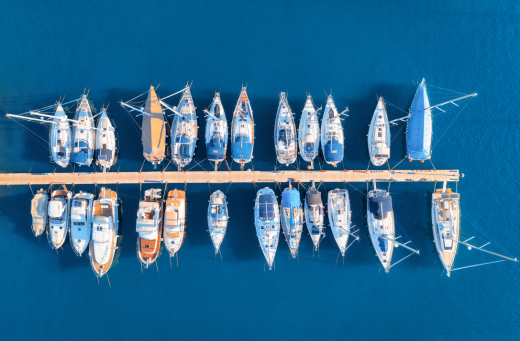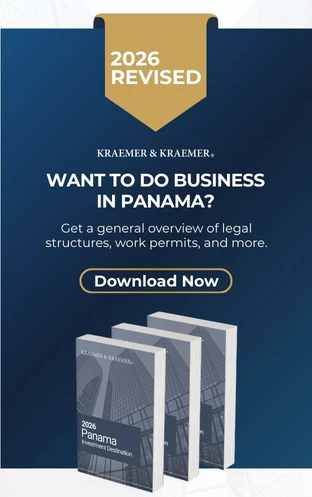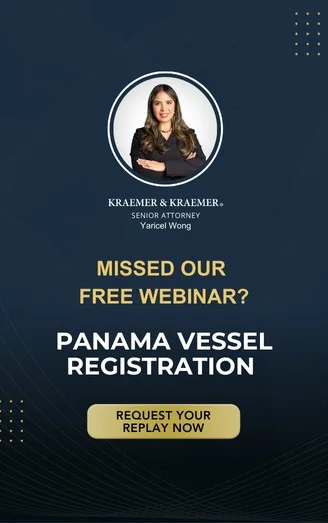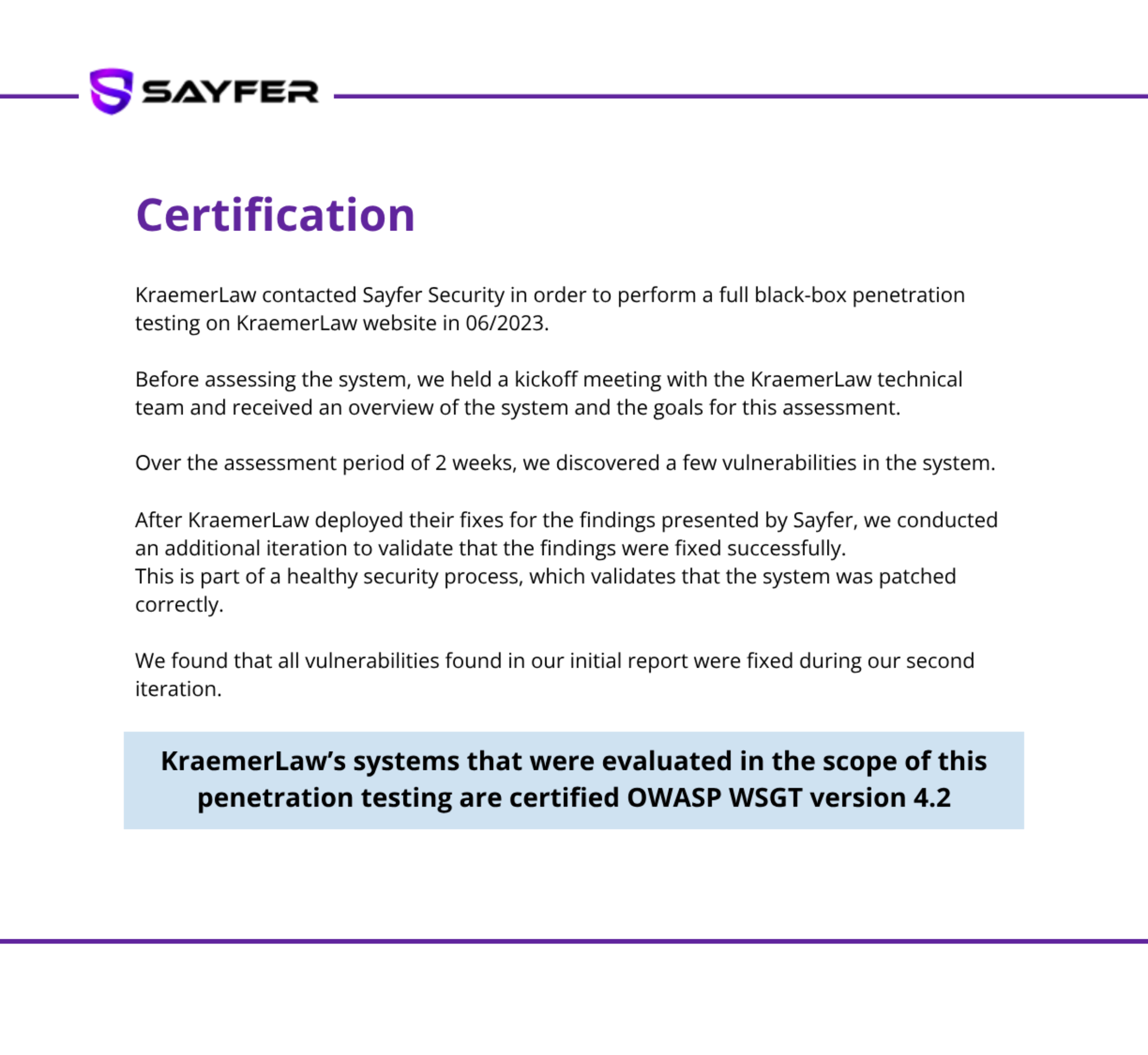For anyone in the maritime industry, whether managing a big commercial fleet or a private yacht, the flag choice for ship registration or flagging becomes more important than people think. The decision impacts daily operation efficiency, possible tax benefits, and even the requirements and boat registration cost. Panama, a country with a privileged location, stands as a world leader in gross matriculated tonnage, reaching 245.9 million.
The country acknowledges its relevant role in the navy. For decades, it has developed a safe and affordable legal structure, which grants foreigners and nationals many advantages. This article details the reasons that establish the Panama registry as a top pick for big shipping corporations and individual boat owners. It also describes the requirements and what the boat registration cost is in Panama.
Why Choose Panama Registry for Your Vessel?
Panama’s legal system follows an “open registry.” This permits owners of any nationality to sign up their ships under the Panamanian flag, regardless of their nationality or residence. This policy, supported by Law No. 57 of 2008 and managed by the Panama Maritime Authority (AMP), has allowed the country to gather more than 20% of the world’s merchant fleet, with over 8,800 ships registered.
On the fiscal side, Panama implements a tax exemption policy for income generated outside its territory, which means that profits derived from international maritime operations are not subject to local taxation. In addition, the country recognizes the importance of flagging for its economy and has set generally lower boat registration costs compared to other jurisdictions.


Ship registration benefits include a process characterized by its agility, which can be completed in a short period of time if the required documentation is presented. Additionally, it offers the possibility of obtaining a provisional permit valid for six months while the definitive documents are being processed. This speed, added to reasonable vessel registration costs, is advantageous for shipowners who need immediate logistical solutions or must capitalize on commercial opportunities quickly.
Although in Panama it is not possible to have a permanent double registry, that is to say that a vessel may simultaneously maintain two active flags, there is the possibility of a temporary registry/flagging. This occurs, for example, in bareboat charters, where a vessel is rented without crew or provisions, and the lessee assumes its operational and legal control. This option allows a vessel to be temporarily registered without losing its original registry, provided that the law of its country allows it. Likewise, foreign-registered recreational ships may operate in authorized tourist services in Panama, as long as they are duly licensed under local regulations.
What Types of Boats Can Be Registered in Panama?

Boat registration costs and requirements in Panama are affordable for all ship types. The laws cover everything from commercial vessels to auxiliary boats, recreational boats, and ships under construction. This is another reason why operators worldwide choose to sail under the Panamanian flag.
Merchant vessels and commercial fleets
A large number of the Panamanian fleet is made up of commercial ships. These merchant vessels include cargo ships, container ships, tankers, and bulk carriers used in international trade. Big shipping companies, like Great White Fleet, Crowley, Cosco Shipping and Boyd, choose this flag for its competitive boat registration cost and tax benefits. They also appreciate the option to flag entire fleets centrally, the absence of minimum tonnage requirements, and dual temporary inscription, in certain cases. Main benefits include obtaining a Navigation Patent with international recognition. The AMP demands technical requirements that align with the International Maritime Organization (IMO), ensuring acceptance in ports across the world.
Recreational boat and private yachts
For yacht, sailboat, and catamaran owners, recreational ship flagging in Panama is a great option because of its simple process and lower boat registration cost. Just like with merchant vessels, they provide a temporary permit option while completing the documentation for permanent inscription, which allows legal sailing.
Ships under construction
A distinctive feature of the Panamanian registry is that even ships under construction can be provisionally inscribed for a variable boat registration cost (depending on their characteristics and purposes). This secures the ship’s rights from early building stages, eases getting an official number, and provides legal protection. For shipyards, shipowners, and the finance sector, having the possibility of flagging a vessel from its construction helps to give continuity to the investment and permits for long-term planning of the project.
Core Requirements for Ship Flagging in Panama
The ship registration/flagging in Panama must take into account the requirements and boat registration costs established by the AMP. Usually, a Panamanian law firm, authorized as a resident agent, handles the process. This figure is fundamental, since they present the required documents to the General Directorate of Merchant Marine.
The documents requested in the registration process vary according to the type and status of the vessel (whether in operation, recreational boats or under construction). However, in most cases, ownership records, a formal application and, in certain situations, a tonnage certificate must be provided.
Here are the basic documents for ship flagging
- Properly filled-out application form.
- Power of attorney given to a Panamanian lawyer.
- Title of ownership or co-ownership of the boat.
- Certificate of previous flag cancellation, if it applies.
- Technical certificates (SOLAS, MARPOL, etc.).
- Pollution insurance certificate.
- General ship plan or complete technical specifications.
- Proof of payment of the fees corresponding to the cost of boat registration.
- Radio station license request.
Specific considerations according to type of ship
For the recreational boats registration process, one must submit documents proving their non-commercial use. This includes an owner’s sworn statement and, sometimes, a use certificate from the legal firm.
For ships under construction, one also needs the construction contract with the shipyard, approved technical plans, and a tonnage estimate.
Cargo ships must meet added technical requirements, like SOLAS, MARPOL, ISM certificates, classification by recognized societies, and a GMDSS radio license. Ships over 20 years old need a prior inspection.
Cost Breakdown and Additional Expenses

The cost of registering vessels in Panama depends on many factors, like the type of vessel (commercial or recreational), its size, age, intended use and whether the process is provisional or definitive. Also, aspects such as tonnage, the kind of cargo to be transported in the case of merchant vessels, and whether the process is carried out locally or through Panamanian consulates abroad. Ships under construction have different fee rates, which include provisional permits, IMO number assignment and name reservation.
Besides, there are other extra or changing boat registration cost, which include:
- Legalization and apostille of documents.
- Technical certificate issuance and renewal (MARPOL, SOLAS, ISM).
- Navigation radio licenses.
- Navigation Patent.
- Legal fees.
- Costs for a prior inspection, especially for ships over 20 years old.
- Consular tax and annual fee.
Do you want to know the cost to register your vessel?
Receive a FREE quote for the Registration of a Commercial or Recreational Ships in Panama.
Get Legal Help for the Registration Process in Panama
The Panama registry is a really feasible option for those interested in ship flagging, as it combines an agile process with tax advantages and convenient boat registration costs. If you are interested in this possibility and would like to know how this jurisdiction could benefit your shipping needs, we invite you to contact us for more information and to discuss how we can assist you.






